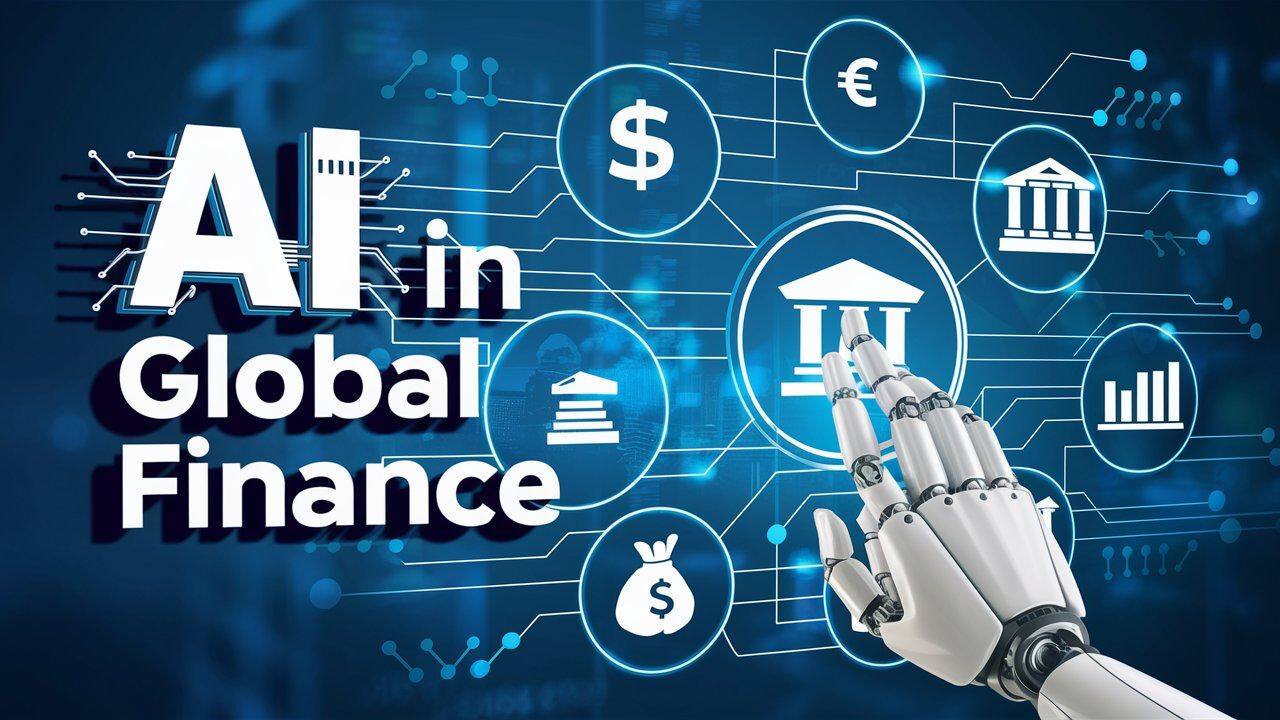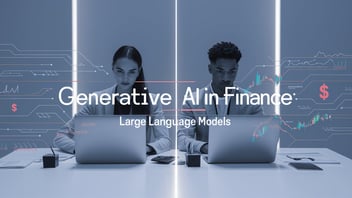Introduction
Artificial Intelligence (AI) is revolutionizing the financial services industry, driving unprecedented levels of efficiency, innovation, and growth. From sophisticated investment strategies to enhanced customer experiences, AI is fundamentally reshaping how financial institutions operate and interact with their clients. A recent survey by NVIDIA revealed that 83% of financial services professionals believe AI is crucial for their company's future success, with 34% expecting AI to increase their annual revenue by at least 20%.
Key Applications of AI in Finance
- Investment Management and Trading
AI-powered robo-advisors are gaining traction, offering personalized investment advice based on comprehensive analysis of market data, economic indicators, and individual preferences. In capital markets, traders are leveraging AI and high-performance computing (HPC) to accelerate
algorithmic trading and back testing. For instance, financial institutions are scaling out with advanced technologies to reduce latency and increase bandwidth, allowing for smarter trade strategies and increased profit opportunities.
- Risk Management and Fraud Detection
- Customer Service and Personalization
Generative AI is driving automation of complex tasks such as financial analysis, reporting, and accounts payable. This technology enhances decision-making processes by generating human-like text and insights, offering a new level of support for financial professionals. It's also being used to create detailed ESG reports and scenarios, enhancing the depth and breadth of environmental, social, and governance analysis.
AI-Powered Banking and Financial Management
Financial institutions are using AI to deliver smarter and more secure services.
Royal Bank of Canada (RBC) built a private AI cloud for banking, enabling them to run thousands of simulations, train AI models, and analyze millions of data points rapidly. This has resulted in reduced client calls and faster delivery of new applications.
- Explainable AI (XAI): Increasing transparency in AI decision-making processes, crucial for maintaining trust and ensuring compliance in financial services.
- AI in ESG Investing: Transforming sustainable and ethical investing by analyzing vast datasets to assess companies' ESG performance.
- AI-Driven Predictive Analytics: Enabling more informed strategic decisions and potentially revolutionizing risk management and investment strategies.
- Generative AI for Personalized Finance: Creating custom financial plans, scenarios, and educational content to make complex financial concepts more accessible.
Challenges and Considerations
While AI offers powerful capabilities, the financial sector must address several challenges:
Conclusion
The financial sector stands on the brink of a new era, where AI-driven innovations will continue to reshape how we manage, invest, and interact with money. From capital markets to consumer finance to
fintechs, AI is powering the future of finance. Financial institutions that successfully harness AI's immense power while effectively addressing the associated challenges will be well-positioned to thrive in this exciting new era of AI-driven finance. As the technology evolves, both institutions and individuals
must prepare for this AI-driven financial landscape to harness its full potential and stay competitive in the rapidly changing world of finance.
Facilitating AI Integration with Pacific Data Integrators (PDI)
Integrating AI into finance can seem daunting, but with Pacific Data Integrators (PDI), it becomes a streamlined and supported journey. Partnering with PDI ensures a seamless transition and enduring success, turning challenges into opportunities. Discover how PDI's tailored solutions can transform your business by consulting with our experts today.
You can book a consultation today by visiting us at PDI.
Posted by PDI Marketing Team
Pacific Data Integrators Offers Unique Data Solutions Leveraging AI/ML, Large Language Models (Open AI: GPT-4, Meta: Llama2, Databricks: Dolly), Cloud, Data Management and Analytics Technologies, Helping Leading Organizations Solve Their Critical Business Challenges, Drive Data Driven Insights, Improve Decision-Making, and Achieve Business Objectives.







